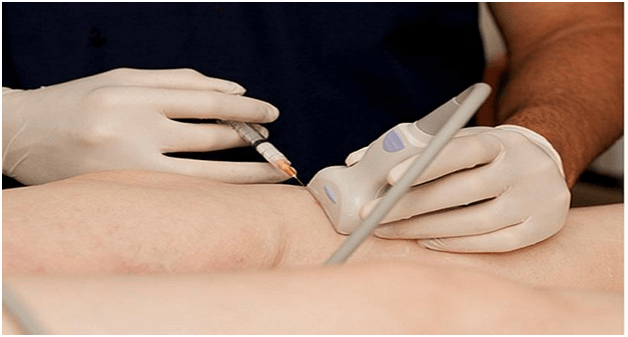
Maintaining good oral hygiene goes beyond achieving a dazzling smile or preventing bad breath; it plays a crucial role in your overall health, including the well-being of your heart. It might seem improbable that issues in your mouth could affect distant organs like your heart, but research increasingly shows that this connection is real. So, is there substantial evidence linking oral health with cardiovascular disease risk? Can diligent dental care genuinely lower your chances of heart disease? Let’s delve into these questions.
Is There a Connection Between Oral Health and Cardiovascular Disease?
Good oral hygiene is more pivotal for cardiovascular health than many realize. A study published in PLoS One explored how patients with cardiovascular disease (CVD) perceive the importance of oral health. It found that many CVD patients suffer from dental issues but lack awareness of how oral health impacts cardiovascular outcomes. This gap in knowledge is compounded by insufficient guidance from both cardiac specialists and dentists, highlighting a critical need for better education from both fields.
Periodontal disease, or periodontitis, is a notable example of how oral health can influence cardiovascular risk. Research consistently links periodontal disease to coronary heart disease (CHD), with similar associations found with diabetes and stroke. Periodontal disease triggers systemic inflammation, promotes blood clotting, and leads to insulin resistance—all factors contributing to CHD. Although CHD rates have decreased over recent years, it remains a leading cause of death among adults over 35. This reinforces the urgency of addressing periodontal health as part of cardiovascular disease prevention.
A Finnish study adds another layer to this connection by revealing that root tip infections can raise the risk of coronary artery disease, even in the absence of noticeable symptoms. The study indicates that untreated dental infections significantly increase the likelihood of acute coronary syndrome, underscoring the importance of prompt dental care to mitigate heart disease risk.
How Does Oral Health Impact Cardiovascular Health?
Oral health profoundly affects heart function, primarily through bacterial influence. The mouth harbors billions of bacteria that, when not properly managed, can enter the bloodstream. In individuals with periodontal disease, the act of chewing and brushing can release these bacteria, contributing to systemic inflammation and increasing the risk of heart disease and stroke.
Certain bacteria linked to periodontitis have been detected in arterial plaques, which can lead to heart attacks. Those with a family history of cardiovascular issues, high blood pressure, obesity, diabetes, or elevated cholesterol levels should be particularly vigilant about oral hygiene to prevent plaque and bacterial accumulation.
Moreover, oral bacteria can affect blood vessels by releasing toxins similar to proteins found in artery walls. These toxins provoke immune responses that inadvertently damage vessel linings, facilitating clot formation. Periodontitis, an inflammatory condition, exacerbates these processes, leading to broader systemic inflammation that can impact heart health.
Preventive Measures
- Maintain Regular Oral Hygiene: Floss and brush your teeth daily.
- Adopt an Anti-Inflammatory Diet: Consider the Mediterranean diet for its broad health benefits.
- Avoid Unhealthy Foods: Steer clear of junk food that harms both oral and heart health.
- Regular Dental Visits: Schedule check-ups with your dentist consistently.
- Address Oral Health Issues Promptly: Don’t ignore symptoms of gum disease or other dental problems.
- Quit Smoking: Smoking exacerbates both periodontal and cardiovascular issues.
- Moderate Sugar Intake: Avoid sugary gums to reduce tooth decay and gum disease risks.
- Limit Alcohol: Drink in moderation to prevent negative effects on oral and heart health.
- Maintain a Healthy Weight: Keep your weight in check for overall wellness.
Conclusion
The interconnection between oral health and heart function illustrates how our body systems are intricately linked. Understanding this relationship is essential for preventing cardiovascular diseases and promoting overall health. Both medical professionals and patients need to recognize the importance of maintaining excellent dental hygiene as part of a comprehensive strategy for heart disease prevention. By integrating good dental practices with a healthy lifestyle, individuals can significantly improve their cardiovascular and overall health.



